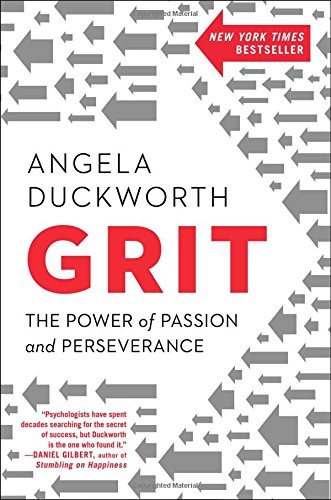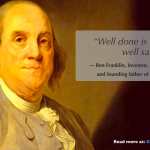What's the most important thing to look for when interviewing a candidate:
- Prior roles?
- Skills and qualifications?
- Reputation and past experience?
What if there was another skill that was more likely to predict someone's success, whether in the workplace, school, or any challenging environment?
There is one such skill: Grit.
That's why today we'll be answering the question, "is grit a skill?", showing you how to measure grit, and teaching you why it's so important.
Table of Contents:
Grit: The key to your team's success.
Angela Duckworth has written the ultimate guide to this subject in her New York Times best-selling book, Grit.
In Grit, she looks at all the research on the subject of perseverance and grit, including much of her ground breaking work on the subject.
It turns out, like many skills, you can measure someone's grit. And her research showed that the more grit you have, the more likely you are to succeed.
As one such study of students at Chicago public schools found:
"Students who graduated on schedule were grittier, and grit was a more powerful predictor of graduation than how much students cared about school, how conscientious they were about their studies, and even how safe they felt at school."
The same findings were reinforced across West Point cadets, graduate school students, and spelling bee contestants. Each time, more grit was directly correlated with more success while a variety of other factors had no correlation.
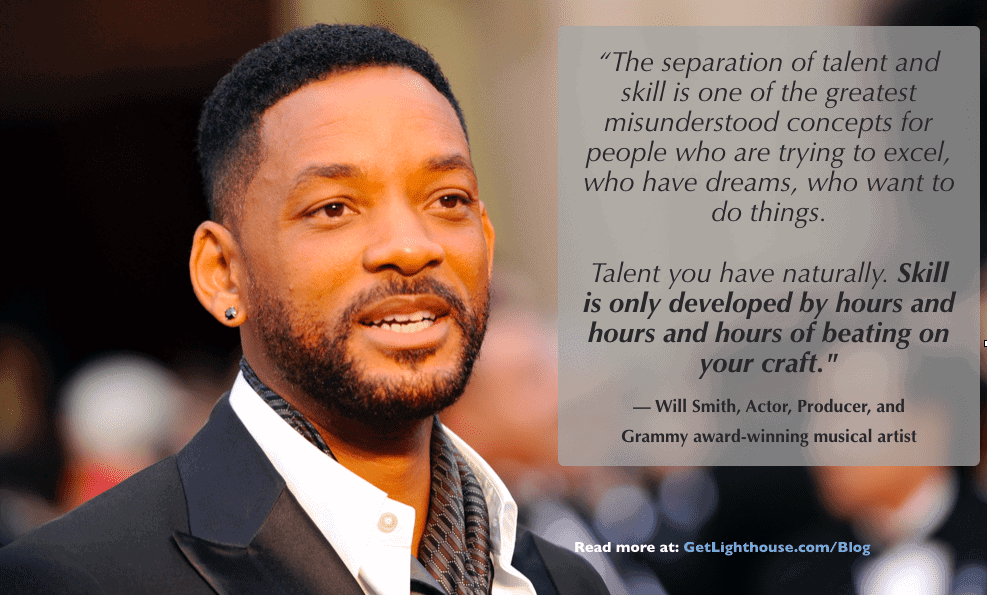
Do your hires have grit?
The world keeps changing, and you need gritty team members to keep up. Technologies, tools, and tactics that worked 5 years ago no longer work. What works today, will need to be replaced and reinvented in coming years.
One of the biggest changes recently has been the rise of hybrid work; whether you have a partially remote team, you’re spread across multiple locations, or you only come into the office a few days a week, it’s different from the standard 5 days in the office with your team.
It also takes grit to manage teams that are frequently changing who is on them. With the effects of The Great Reshuffle and the wave of layoffs recently sweeping the U.S., you’ll need resourceful team players who can quickly adapt to sudden team changes and adjustments in rank and responsibility.
However, remember it doesn’t take moments of crisis or layoffs for people’s grit to shine through.
The value of grit is often found in everyday situations that need creative problem-solving. These problems range from something as small as resolving a challenging bug, to large and stressful challenges such as pivoting entire projects on a tight deadline.
With the days of free capital long gone, solving problems on the go and adjusting to the rapidly changing demands of the market is essential to staying afloat, surviving, and thriving as a team and company.
Choose your team wisely
People who give up when facing new challenges, and avoid the hard work of change will leave you and your team behind.
Would you rather hire a candidate:
- A) With all the required current skills, but who clings to their existing experience and approaches, unwilling to learn new skills and bravely tackle new challenges.
- B) With many, but not all of the needed skills, and who is always learning and embraces challenges and new learning opportunities.
In a static environment you may think you want Candidate B, but how often have you chosen a candidate for their resume or credentials over their ability to adapt in the future?
That tends to happen because there is more certainty with what is on the resume than trying to judge someone's grit or future abilities.
Today we'll show you how to measure grit, so you can hire more gritty people to help your team thrive. You can also use this to evaluate your existing team, to determine who has grit; this will help you then better understand who you can count on when you need to be resourceful and solve your toughest problems.
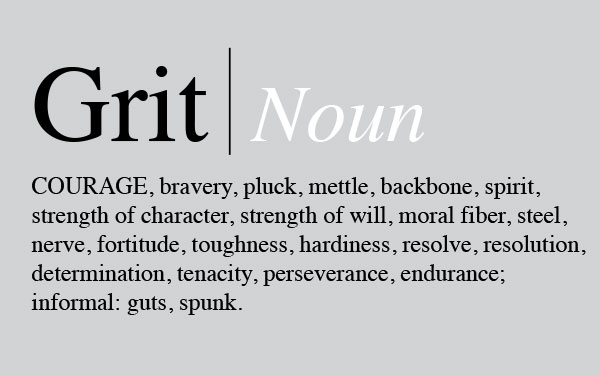
How to measure grit when interviewing candidates
How do you measure something so intangible? Of course every candidate claims to be a "real go getter" and "really hard working," but how do you tell who is real and what's interview theatrics?
Start with the Grit Test.
As part of Duckworth's research, she developed a test that measures your grittiness. This grit scale was then used to predict who would succeed in various challenging situations like the West Point cadets, and spelling bee participants.
To take the test: Read the statements on the left and score yourself based on how you compare to "most people." Then, add up your total points and divide by 10.
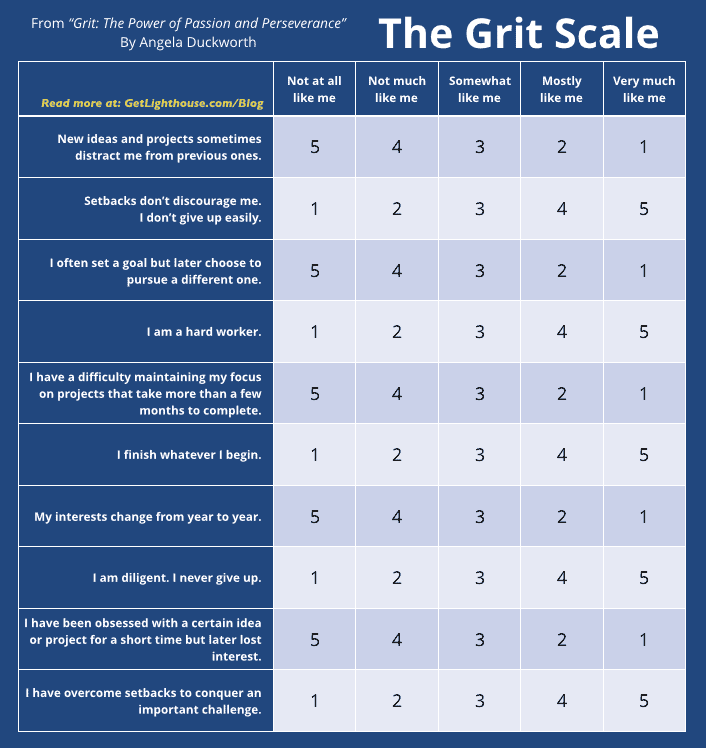
Once you have your score, you can see how you rank in the list below:
Percentile - Grit Score
10% - 2.5
20% - 3.0
30% - 3.3
40% - 3.5
50% - 3.8
60% - 3.9
70% - 4.1
80% - 4.3
90% - 4.5
99% - 4.9
Now, you could give that test directly to candidates as another data point in your interview process. However, given everyone wants to put their best foot forward in interviews, it may be hard to get the honesty you need for this to be an accurate score.
Instead, look at the questions on the grit scale and how you can ask them in an interview.

Actions speak louder than words scores.
While a Grit Score could give you some insight, their past actions will be even more telling of how gritty they really are.
Looking at the Grit Scale questions, you can adapt those to look for stories from candidates that show how they have been gritty (or not). Ask them:
- "When you've been on extended projects, how do you maintain focus? How did the project turn out?"
- "When was a time you faced a challenge and overcame a setback? What happened?"
- "What goals have you recently set? How are they going?"
If a candidate struggles to come up with stories and examples, or the examples seem generic, you have indicators they may not be as gritty. Meanwhile, the most gritty candidates will have vivid, detailed stories that show how they stick with and overcome challenges.
As a bonus, if you talk about their goals and interests, it can help you make them more successful at work. A meta-analysis of over 100 studies found:
"Employees whose intrinsic personal interests fit with their occupations do their jobs better, are more helpful to their coworkers, and stay at their jobs longer."
Pay attention to their answers and keep their goals and interests in mind once you hire them.
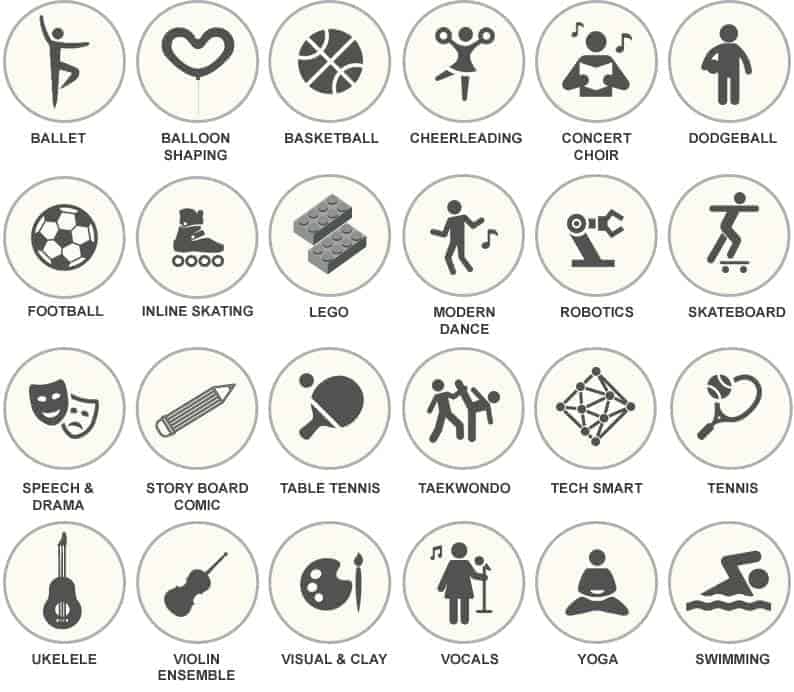
Ask about clubs and sports.
One of the most fascinating findings in Grit was related to extracurricular activities.
It turns out that students who joined a club or sport and stuck with it for at least 2 years were found to be much grittier, and much more successful in their future endeavors from college, to later work and graduate studies.
When you're interviewing people, ask about their hobbies in college. Find out what they did and how long they stuck with it.
What about older candidates?
Now, some people may be quite a bit removed from college. It's unfair to judge them for things potentially a decade or two ago; you can develop grit at any time, and more recent behaviors are your best indicators of future success.
For them, look for hobbies and activities they've more recently started and stuck with. Do they play a sport? Homebrew? Coach their kid's soccer team? Have an herb garden? Volunteer? Make music or learn an instrument? Look for activities they've started and stuck with. The 2 year mark is an important indicator of persistence and grit regardless of age.
Not only will this help reveal their grit, you'll get to know them a lot better. You might just build some unexpected rapport with them when it turns out you share an interest.
Better than any other indicator, grit shows who would be successful in the long term in what they do.
When you're evaluating potential hires, looking for signs of grit is a great way to be sure you're bringing on the kinds of people that can help your team most when the chips are down.
Further Reading:
Want to learn more about interviewing well and engaging new hires? These posts can help:
To help you interview better:
- The top interview mistakes that cost you great candidates
- 5 questions to ask an interviewer to ensure you work for a good manager
- Why interviewing prospective hires can feel futile, and what to do about it
- My favorite interview tactic that will improve your hiring success rate
And what to do once you've hired someone so they'll succeed:
- How to improve your onboarding process to engage your hires and prevent turnover
- 13 things you didn't plan for when you started hiring remote employees (and what to do about it)
Are you growing as a leader? Are you building the skills you need?
Whether your team is in office with you or remote, Lighthouse Lessons can teach you the skills you need to better lead, motivate, and grow your team. Let us help you navigate the unique challenges of being a leader like we helped Daniel by learning more and signing up here.

What it means to have grit?
What is grit examples?

Examples of grit include:
- Being consistent in your work habits.
- Never missing deadlines.
- Working patiently to overcome obstacles.
- Being quick to adapt to sudden changes.
- Taking on new challenges without hesitation.
- Sticking with a hobby, job, or skill for multiple years to go from novice to skilled.
What are the 5 characteristics of grit?
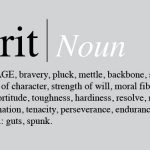
According to Angela Duckworth, author of New York Times best-seller "Grit", the essence of grit is elusive. However, the 5 fundamental characteristics of this trait are:
- Courage: The ability to manage fear of failure
- Conscientiousness: Being achievement-oriented and tenacious
- Perseverance: Having long-term goals and excellent follow-through
- Resilience: Being optimistic, confident and creative
- Excellence: Seeking constant improvement
Or put more simply, people with grit stick with challenges and find ways to improve even in the fact of obstacles and setbacks.
What is grit mindset?
Who is a grit person?

